
SPEAKERS
PRE-CONFERENCE WORKSHOP SPEAKERS
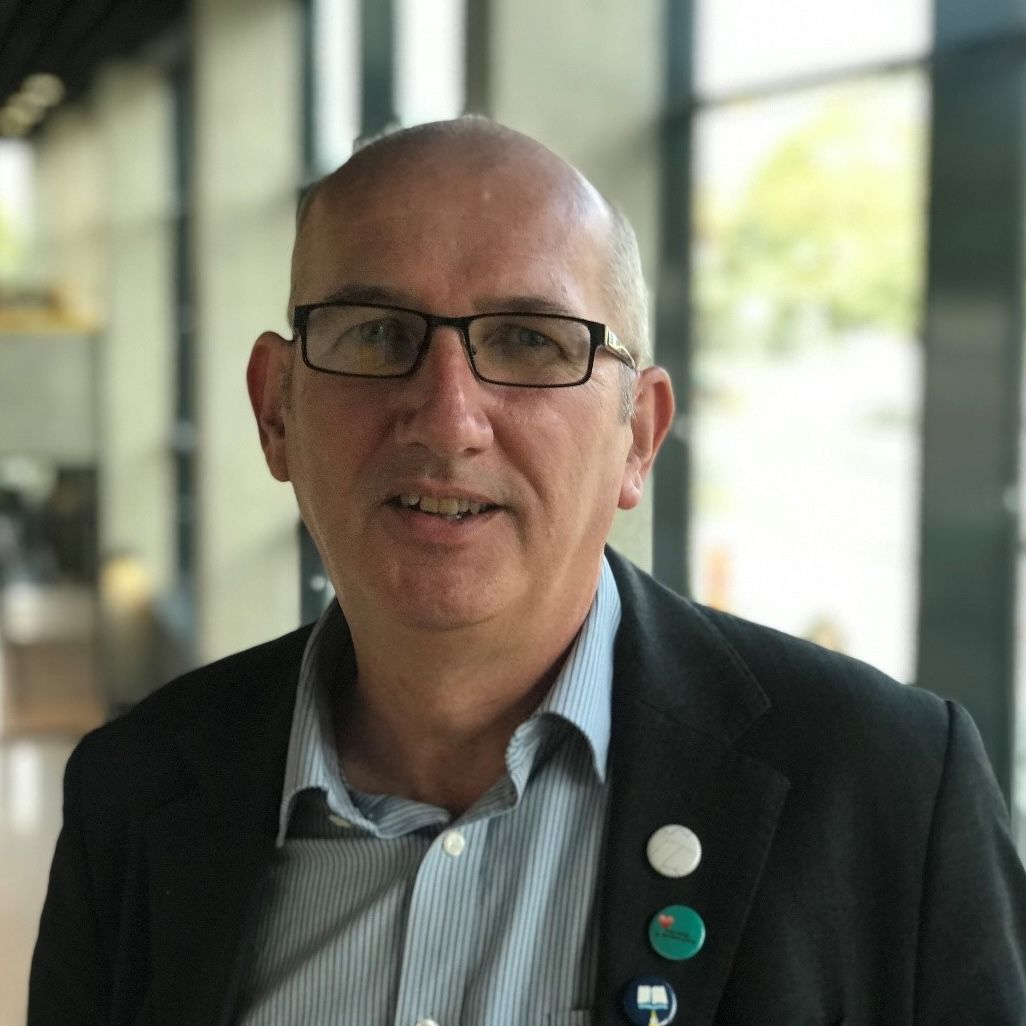
Peter Griffiths
Professor, Chair of Health Services Research, University of Southampton, UK
Visiting Professor, Alice Lee Centre for Nursing Studies, National University of Singapore
Senior Investigator (Emeritus) National Institute for Health and Care Research
Editor in Chief, International Journal of Nursing Studies
Being a successful academic requires that your performance is continually judged. Papers and grant applications are subject to peer review and rejection is common. We all know it happens, but we don’t often talk about it, and it can sometimes feel that those who succeed are exceptions. As someone who may be judged a ‘success’, I’d like to share a few of the failures that paved my journey ‘to the top’ , share some tips on coping with failure and (hopefully) create a safe space where participants can learn from the failures of others, and share a few of their own.
Venue: Respect & Integrity (MSL-04-10 & MSL-04-11)
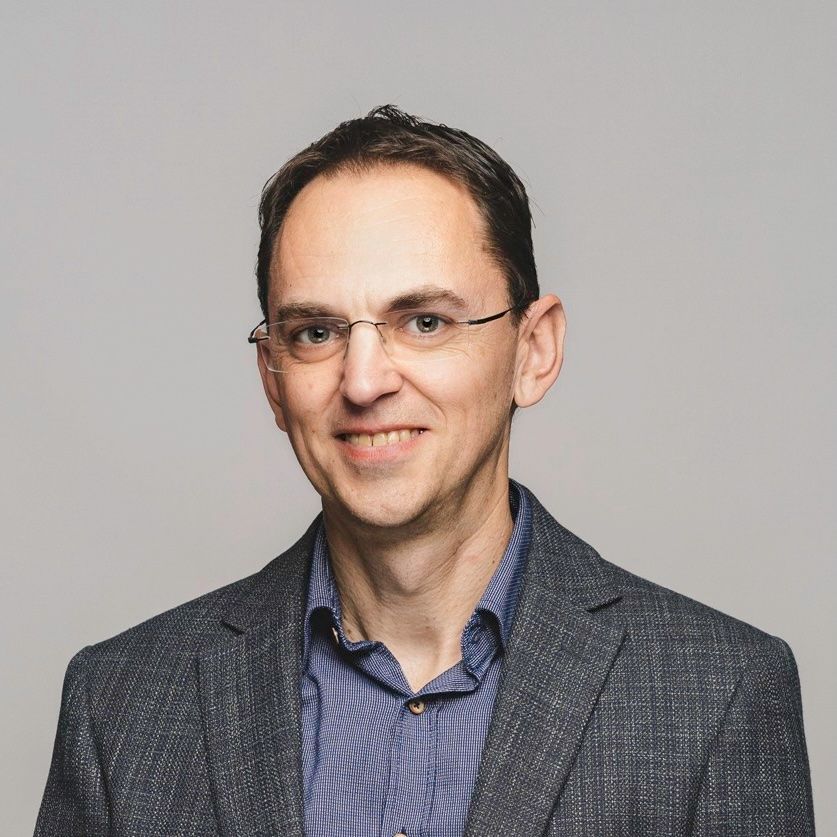
Gregor Stiglic
Professor, Faculty of Health Sciences, University of Maribor, Slovenia
Honorary Fellow, Usher Institute, University of Edinburgh, UK
This workshop will introduce nursing students to the application of Artificial Intelligence (AI) and Large Language Models (LLMs) in nursing research, with a focus on literature reviews. It will cover the formulation of PICOT questions, the use of AI for supporting quality appraisal, and methods of information extraction. A hands-on exercise will provide participants with practical experience in applying AI tools within the research process. The session will aim to familiarize students with emerging approaches that will enhance efficiency, accuracy, and critical appraisal skills in evidence-based nursing practice.
Venue: Fortitude & Advocacy (MSL-04-02 & MSL-04-03)

Shefaly Shorey
Associate Professor, Alice Lee Centre for Nursing Studies, National University of Singapore
Vice-Dean (Administration), Yong Loo Lin School of Medicine, National University of Singapore
This interactive pre-conference workshop equips participants with essential strategies to publish in high-impact journals. Participants will gain insights into selecting the right journal, structuring a compelling manuscript, and navigating the peer-review process with confidence. Through practical examples and hands-on exercises, the session will highlight common pitfalls and provide actionable tips to enhance the clarity, rigor, and visibility of academic writing. The workshop is designed for early-career researchers, doctoral students, and faculty members who aspire to elevate their scholarly publications and maximize their research impact.
Venue: Humility (MSL-04-06)

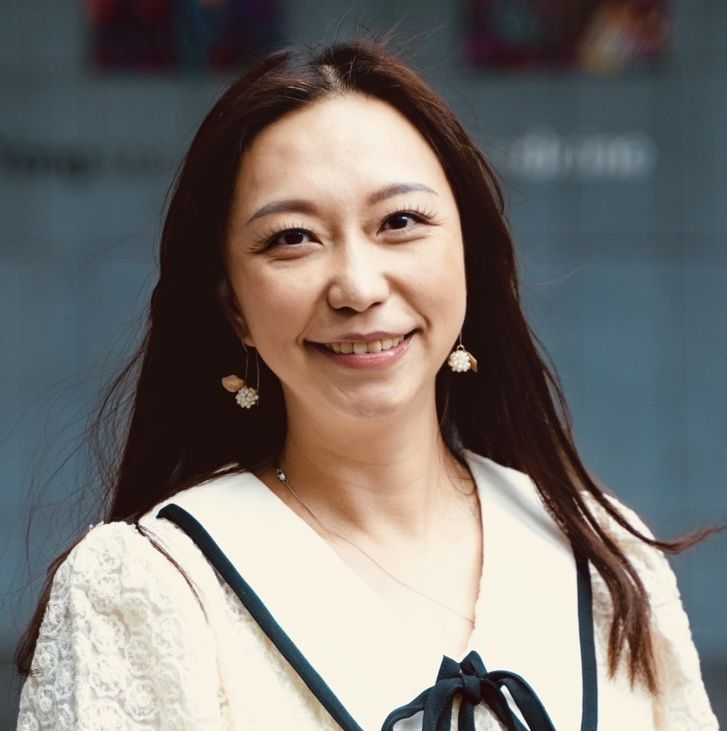
Lau Siew Tang Lydia
Associate Professor & Deputy Head (Undergraduate Programmes), Alice Lee Centre for Nursing Studies, Yong Loo Lin School of Medicine, National University of Singapore
Teaching Academy Fellow (EXCO), National University of Singapore
Chen Hui-Chen
Senior Lecturer, Alice Lee Centre for Nursing Studies, Yong Loo Lin School of Medicine, National University of Singapore
This two-hour interactive workshop, How to Be an Effective and Engaging Educator, is designed for current and future educators, particularly PhD students preparing for professional teaching roles. The workshop builds readiness and confidence to become professional educators. Participants will explore their educator identity, examine strategies to foster student learning motivation, and practice approaches to designing engaging classroom environments. They will also learn to align course objectives, activities, and assessments for meaningful impact. By the end of the workshop, participants will gain practical skills, strategies, and perspectives to grow as effective, engaging, and professional educators.
Venue: Excellence (MSL-04-09)

Chew Han Shi Jocelyn
Assistant Professor, Alice Lee Centre for Nursing Studies, Yong Loo Lin School of Medicine, National University of Singapore (NUS)
Assistant Professor, Department for Biomedical Informatics, NUS
Assistant Professor, Behaviour and Implementation Science Interventions (BISI), NUS
Associate Editor, JBI Evidence Implementation
From Idea to Impact: Evidence-Driven Nursing Innovation is a 2-hour interactive workshop guiding nurses to generate, refine, and test innovative ideas grounded in evidence. Participants will identify practice challenges, brainstorm creative solutions, and conduct rapid evidence scans to ensure novelty and feasibility. Using design-thinking tools, they will develop concept boards and deliver short pitches for peer feedback. Activities include problem mapping, idea generation, feasibility mapping, and rapid prototyping. The session blends brief lectures, hands-on group work, and resource sharing, equipping participants with practical tools to move promising innovations from concept toward real-world implementation in nursing practice.
Venue: Innovation (MSL-04-04)
KEYNOTE SPEAKERS
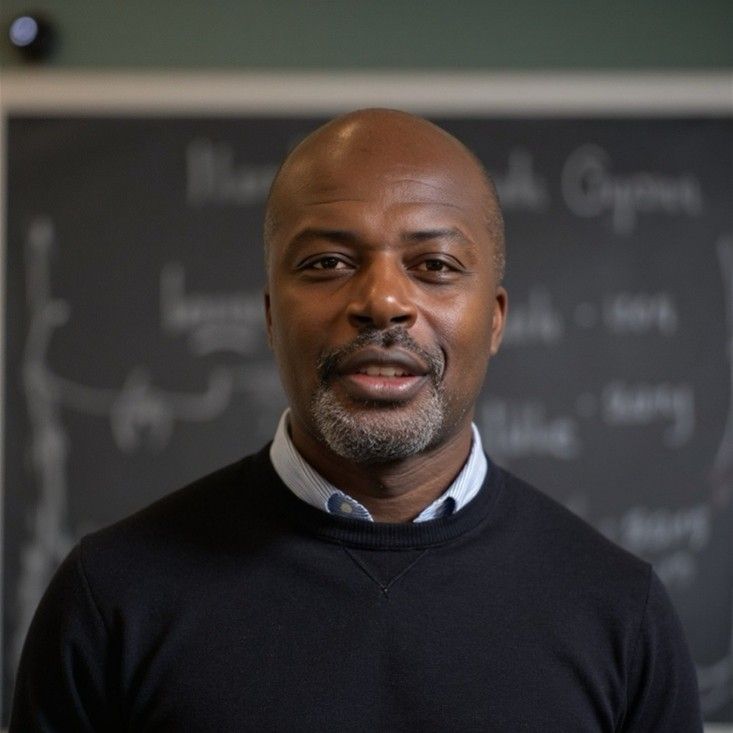
Kenrick Cato, PhD, RN, CPHIMS, FAAN, FACMI
Professor of Informatics, Penn Nursing, University of Pennsylvania, USA
Prof Kenrick Cato is a Professor of Informatics at the University of Pennsylvania and at Children’s Hospital of Philadelphia. Dr. Cato’s work spans various aspects of clinical informatics, emphasizing integrating data science to enhance patient care and reduce operational burdens in healthcare settings.
In this Keynote, Professor Kenrick Cato will share his lessons from more than a decade of applying data science to model nursing behaviour. The CONCERN Early Warning System will be highlighted to show how nursing “instinct” can be modeled to predict in-hospital patient deterioration and enhance outcomes, including reduced mortality and length of stay.

Peter Griffiths, PhD
Visiting Professor, National University of Singapore
Senior Investigator (Emeritus) National Institute for Health and Care Research
Editor in Chief, International Journal of Nursing Studies
Chair of Health Services Research, University of Southampton, UK
Professor Peter Griffiths is Chair of Health Services Research at the University of Southampton, England, an emeritus and a Senior Investigator of the United Kingdom’s National Institute for Health Research (NIHR), a visiting Professor at the National University of Singapore and a visiting fellow of the Centre for Health Outcomes and Policy Research at the University of Pennsylvania USA. He is also Editor in Chief (elect) for the International Journal of Nursing Studies He has worked closely with the NHS in England and the World Health Organisation to develop guidance on safe staffing. His research on safe staffing has influenced policy and practice around the world.
Research exploring associations between nurse staffing and patient outcomes is among the most highly cited and talked about health services research. Although the conclusions seem clear – having more nurses is linked to better patient safety – the implications are not universally accepted. Is there a ‘magic number’, as implied by calls for mandatory minimum staffing levels, and can such a number be derived from the research? In this keynote Professor Griffiths will consider this and other questions and address the challenges of translating this body of research into action.
PLENARY SPEAKERS
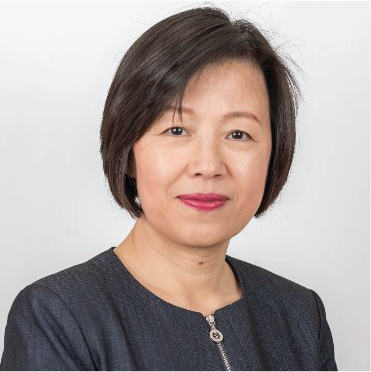
Frances Lin, PhD
Director, Caring Futures Institute; Dean Research, College of Nursing and Health Sciences, Flinders University, Australia
Professor Frances Lin is Dean Research, College of Nursing and Health Sciences, and Director, Caring Futures Institute at Flinders University. She leads multidisciplinary research focused on improving patient care and service delivery in acute and critical care, with a current emphasis on addressing ICU bed block challenges. She collaborates closely with clinicians, consumers, and government bodies, and is a committed mentor to emerging researchers. Frances is Associate Editor of Intensive and Critical Care Nursing and Chair of the ACCCN Quality Advisory Panel. Her work builds nursing research capacity and fosters strong partnerships locally and globally.
Collaboration in research, especially nursing research, is becoming increasingly important to share knowledge, promote learning and understanding, and generate high-quality evidence that is relevant to the international community. Through examples of collaborative work, I will demonstrate how we built an international team and network, and how modern technologies can help to make that happen.
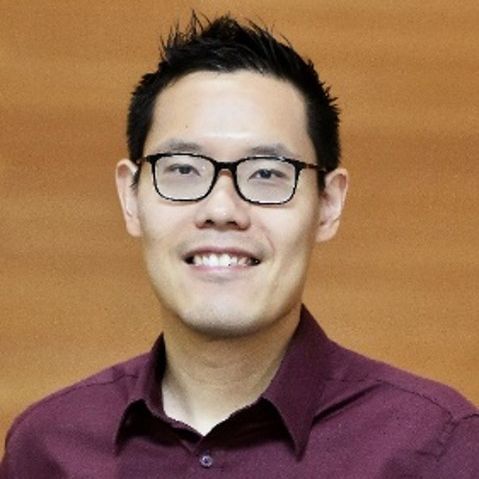
Kevin Yap
Adj Associate Professor in Digital Health, School of Psychology and Public Health, La Trobe University, Australia
A/Prof. Kevin Yap is an interdisciplinary digital health strategist, healthcare innovator, and cyber-pharmacist. His research spans virtual care, extended reality, metaverse, serious games, AI, clinical predictions, sustainable healthcare, and digital health humanities. With over 100 journal and book publications and over 100 talks, his work has earned prestigious global awards – including US Reimagine Education Awards, Pharmaceutical Society of Singapore–Pfizer Innovation Award, and Health 2.0 Outstanding Leadership Award. Featured in The Straits Times, Lianhe Zaobao (Singapore’s Chinese newspaper), Australia’s Digital Health Cooperative Research Centre Newsletter, and The Australian News, Kevin also reviews for numerous international journals, grants and conferences.
The Netflix series "Black Mirror" – representing our dark phone screens – has become symbolic of technology's dystopian potential to control rather than empower. AI isn’t sci-fi anymore. It analyzes patient data, predicts outcomes and influences clinical decisions. But are we looking in the wrong mirror? As we move from bedside to botside, can Florence Nightingale’s core values – compassion, advocacy and humanistic care – shine brighter through AI partnership? This talk explores how AI has transformed healthcare and how we can harness tech innovations as tools to amplify our healing mission. The future is ours to write – will it be dystopian or transformational?
SYMPOSIUM SPEAKERS
Symposium 1:
Digital Innovations Transforming Nursing Practice
Symposium 1:
Digital Innovations Transforming Nursing Practice
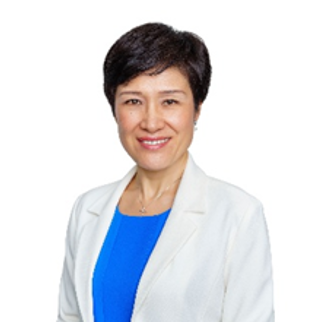
Dong Yanhong, Catherine, PhD (Med), RN, FAAN
Assistant Professor, Alice Lee Centre for Nursing Studies, Yong Loo Lin School of Medicine, National University of Singapore, Singapore
Dr. Dong is the first Nurse Clinician Scientist fully funded by Singapore National Medical Research Council (NMRC) for a cutting-edge clinical research program “Heart-Brain Connection”. She has cross cross-disciplinary educational and clinical background in Nursing and Clinical Neuropsychology. Her research expertise includes neurocognition, brain training, and the heart-brain connection. She has established the “Train Your Brain” cognitive training programme for Singaporean older adults with mild cognitive impairment, adapted it to stroke survivors in the community and patients with “3 Highs” in primary care.
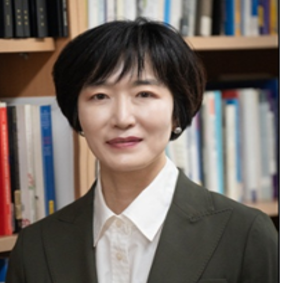
Eunyoung E. Suh, PhD, RN
Professor, College of Nursing, Seoul National University, Korea
Professor Eunyoung Eunice Suh, PhD, RN, earned her doctoral degree from the University of Pennsylvania and is currently a distinguished faculty member at Seoul National University College of Nursing. With 10 years of clinical experience and 20 years as a professor, she has led advancements in cancer care and nursing education. Her research spans cancer symptom management, caregiver support, body image in breast cancer, nurse navigation programs, and resilience in life-limiting illness. She pioneers innovations such as mobile health applications, drama-combined education, and care-centered data analytics, integrating scientific rigor with compassionate, patient-centered care while mentoring future global nursing leaders.
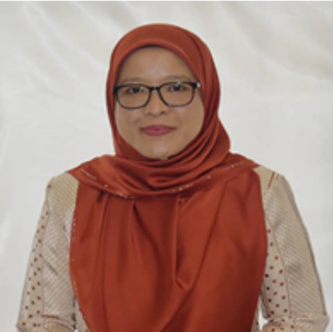
Siti Roshaidai Mohd Arifin, PhD
Professor and Head of Research and Innovation at the Kulliyyah of Nursing, International Islamic University Malaysia, Malaysia
Dr. Siti Roshaidai Mohd Arifin is a Professor and Head of Research and Innovation at the Kulliyyah of Nursing, International Islamic University Malaysia, as well as a Visiting and Adjunct Professor at institutions locally and internationally. She holds a PhD in maternal mental health from the University of Stirling, UK. An accomplished scholar, she has authored multiple books and numerous publications, secured competitive research grants, and received over 30 awards, including the prestigious High Impact Responsible Research Award. A sought-after speaker at national and international platforms, she is dedicated to mentoring postgraduate students and advancing professional and research excellence.
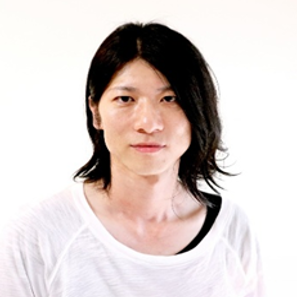
Keiichi Shimatani, PhD (Med)
Lecturer, Department of Home Health and Palliative Care Nursing, Graduate School of Health Care Sciences, Institute of Science Tokyo, Tokyo, Japan
Dr. Keiichi Shimatani earned his PhD in Medicine from Kagoshima University and has served as a Project Assistant Professor at Chiba University since 2022, and as a Project Lecturer at the Institute of Science, Tokyo since 2024. His research focuses on how environmental and social factors, such as housing conditions, shape health and well-being, particularly in aging populations. He also investigates how sensor-based data can be used to detect early functional decline in home care patients, aiming to develop evidence-based strategies that enhance nursing support and reduce the burden on family caregivers.
Symposium 2:
Advancing Mental Health, Well-being, and Resilience in Nursing
Symposium 2:
Advancing Mental Health, Well-being, and Resilience in Nursing
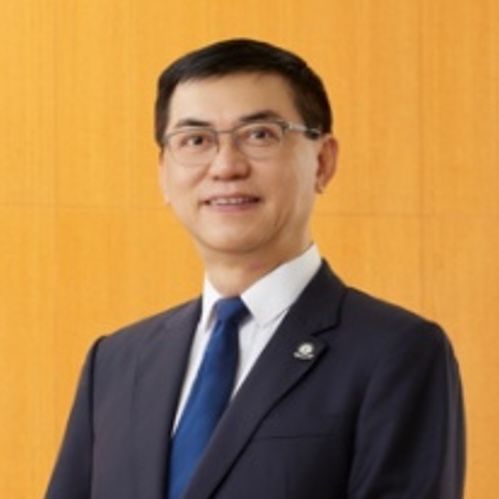
Chien Wai Tong, PhD (KCL), FAAN
Professor & Director, Nethersole School of Nursing, Faculty of Medicine, The Chinese University of Hong Kong, Hong Kong, China.
Professor Wai Tong CHIEN is Professor and Director of Nethersole School of Nursing, Faculty of Medicine, The Chinese University of Hong Kong. He is an experienced mental health researcher, evaluating various psychosocial interventions for people with mental health problems and family caregivers. Professor CHIEN received the Sigma’s 2025 Hall of Fame International Nurse Researcher, Honorary Fellow of the H.K. Academy of Nursing and Midwifery in Education and Research and Outstanding Fellow of CU Medicine in 2024, and Fellowship of American Academy of Nursing in 2018. He has secured >60 competitive research grants (>HKD50,000,000) and published >300 international healthcare journal articles.

Chi-Wen Chen, PhD
Professor, College of Nursing, National Yang Ming Chiao Tung University, Taiwan
Chi-Wen Chen is a Professor in the Department of Nursing at National Yang Ming Chiao Tung University, Taipei, Taiwan. She earned her PhD in Nursing from National Taiwan University and has extensive clinical, teaching, and research experience in pediatric nursing, child development, and family care. Her research interests include congenital heart disease, adolescent frailty, family functioning, resilience, and innovative care approaches such as bibliotherapy, virtual reality, and social robots. She has contributed to national projects, disseminated her work through peer-reviewed publications and international conferences, and remains committed to advancing nursing practice, education, and interdisciplinary collaboration.
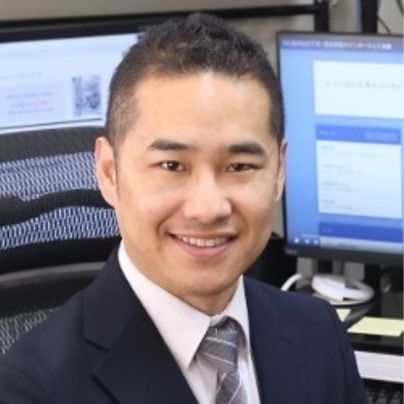
Naoki Yoshinaga, PhD, RN
Professor, School of Nursing, Faculty of Medicine, University of Miyazaki, Japan
Naoki Yoshinaga, RN, PhD, is a Professor at the School of Nursing, University of Miyazaki, Japan. In 2025, he is also an Academic Visitor at the Department of Experimental Psychology, University of Oxford. With over 15 years of clinical experience as a psychiatric nurse and licensed psychologist, his research focuses on psychological interventions for mental disorders. He serves as Editor-in-Chief of Anxiety Disorder Research, International Editorial Board Member of Asian Nursing Research, Associate Editor of the Journal of International Nursing Research, and Academic Editor of PLOS ONE.

Sara Hsin-yi Liu, PhD, RN
Assistant Professor, School of Nursing, National Taiwan University, Taiwan
Dr. Sara Hsin-Yi Liu is an Assistant Professor of Nursing at National Taiwan University and Secretary General of the Taiwan Society for Medical Anthropology. Trained in both nursing and anthropology, her expertise includes psychiatric nursing, community health, indigenous long-term care, and cultural care. Her research addresses resilience, parental mental illness, and strength-based nursing, with a focus on cultural resilience and family well-being in vulnerable populations. Integrating nursing and anthropological perspectives, she explores how cultural values shape health, caregiving, and recovery, contributing to cultural care models and interdisciplinary approaches in nursing research, practice, and education.
Symposium 3:
Innovative Nursing Strategies in Chronic Disease and Healthy Aging
Symposium 3:
Innovative Nursing Strategies in Chronic Disease and Healthy Aging

Jin-Hee Park, PhD, RN
Professor, College of Nursing, Ajou University, Republic of Korea
Jin-Hee Park is a Professor at Ajou University College of Nursing and Editor-in-Chief of the Journal of Korean Academy of Nursing (SCI-indexed). She earned her PhD from Yonsei University and completed the Acute Care Nurse Practitioner program at the University of Cincinnati. With over 24 years of research in chronic illness management, particularly cancer care, Dr. Park has led numerous clinical intervention studies on symptom management and quality of life. Her current work focuses on cancer-related cognitive impairment in breast cancer survivors, and she actively collaborates on survivorship care research and consultation.
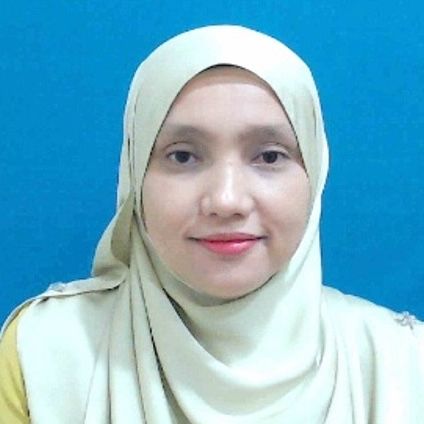
Sharifah Munirah Syed Elias, PhD
Professor, Kulliyyah of Nursing, International Islamic University Malaysia, Malaysia
Sharifah Munirah Syed Elias is an Associate Professor at the Kulliyyah of Nursing, International Islamic University Malaysia. She specializes in gerontology and mental health, leading national and international projects on aged care, dementia care, and healthy ageing. Her research integrates physical, psychological, and spiritual approaches to chronic disease management, with emphasis on dementia. She holds innovative copyrights for nursing modules, including Mental Health for Older People, Spiritual Reminiscence Therapy, and Physical Activities for Older People. Widely published in indexed journals, she is a life member of the Malaysian Nurses Association and the Gerontological Association of Malaysia.

Laurence Lloyd B. Parial, PhD, RN
Assistant Professor, College of Nursing, University of the Philippines Manila, Philippines
Dr. Laurence Lloyd B. Parial is an Assistant Professor at the University of the Philippines Manila College of Nursing, where he also coordinates the Office of Research Integrity and serves as a Director of the Philippine Nurses’ Association in Manila. He earned his PhD in Nursing from The Hong Kong Polytechnic University, receiving the Faculty of Health and Social Sciences Distinguished Thesis Award. He was also honored with the Gerontological Nursing Excellence Doctoral Award from the National Hartford Center of Gerontological Nursing Excellence (NHCGNE). His research focuses on gerontology, health literacy, and public health.

Thitipong Tankumpuan,PhD, MNS, BNS, RN
Assistant Professor, Department of Surgical Nursing, Faculty of Nursing, Mahidol University, Thailand.
Thitipong Tankumpuan is an Assistant Professor at the Faculty of Nursing at Mahidol University, Thailand. His research focuses on cardiovascular nursing and the social determinants of health. Dr. Tankumpuan is also the Associate Dean for Research at the Faculty of Nursing at Mahidol University and the Director of The MU-JHU Faculty of Nursing NCD Research Collaborative Center. He holds a PhD from Johns Hopkins University and has been recognized with multiple honors and awards, including a post-doctoral fellowship grant from the National Institute of Nursing Research and Fogarty International Center.
Symposium 4:
Nursing Leadership for Global Health Equity
Symposium 4:
Nursing Leadership for Global Health Equity
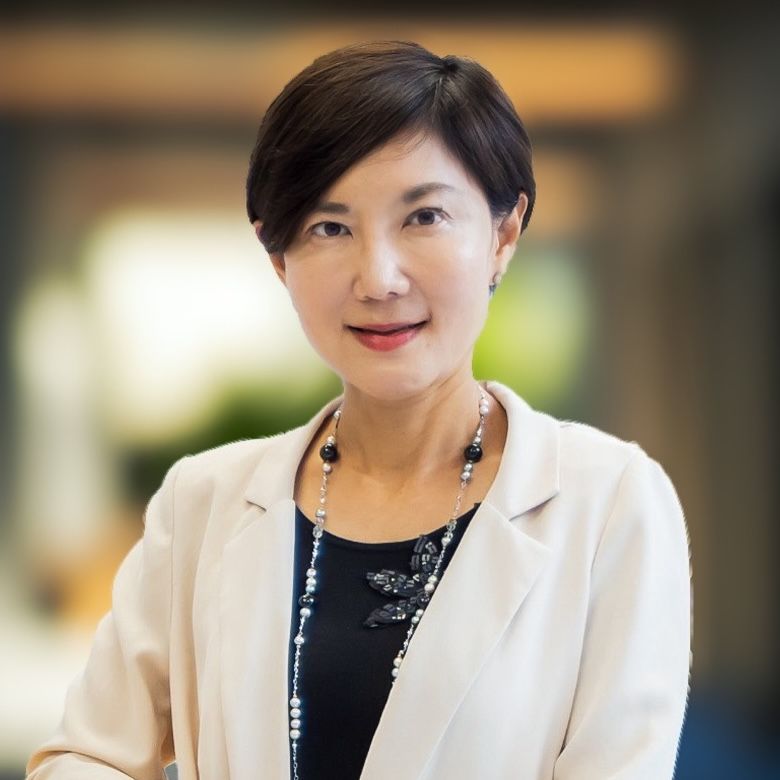
Chia-Chin Lin, PhD (UW), RN, FAAN
Director of School, Alice Ho Miu Ling Nethersole Charity Foundation Professor in Nursing, Hong Kong, China
Professor Chia-Chin Lin is a highly influential scholar in the global nursing community. She currently serves as Director of the School of Nursing and holds the Alice Ho Miu Ling Nethersole Charity Foundation Professorship in Nursing at the University of Hong Kong. Prior to joining HKU, she was Dean of the College of Nursing at Taipei Medical University from 2011 to 2017, where she advanced international collaboration and research innovation. Her research focuses on cancer pain management, symptom control, and palliative care, with significant contributions to clinical practice and policy development. She has published approximately 300 articles in leading international journals such as JAMA Oncology, Pain, and the International Journal of Nursing Studies, and holds an H-index of 51. Since 2000, she has consistently ranked among the top 2% most cited nursing scholars worldwide. Professor Lin’s academic excellence has been recognized through numerous international honors, including induction into the International Nurse Researcher Hall of Fame, Fellowship in the American Academy of Nursing, and appointments as visiting professor and advisor to various global institutions, underscoring her leadership in nursing scholarship.

Kwanjai Amnatsatsue, PhD, RN, MSc, NP
Associated Professor and Head, Department of Public Health Nursing; Chair, DrPH major in Global Health, Faculty of Public Health, Mahidol University, Thailand
A/Prof Kwanjai Amnatsatsue is Head of the Department of Public Health Nursing and Chair of the DrPH (Global Health) program at the Faculty of Public Health, Mahidol University, Thailand. She holds a BS in Nursing and Midwifery from Mahidol University (1990) and earned her MSc (1997) and PhD (2002) in Nursing from the University of North Carolina at Chapel Hill, USA. Driven by her passion for health equity and global health, she focuses on vulnerable groups including migrants and the elderly. Her research covers public health nursing, NCD case management, integrated and long-term care, dementia, migrant health, and ageing.

Chua Wei Ling, PhD, RN
Assistant Professor, Alice Lee Centre for Nursing Studies (NUS Nursing), Yong Loo Lin School of Medicine, National University of Singapore, Singapore
Dr. Chua Wei Ling is an Assistant Professor at the Alice Lee Centre for Nursing Studies, National University of Singapore. A nurse academic and health services researcher, her work focuses on patient safety, simulation-based education, and workforce development. She leads and contributes to studies on nurse-driven sepsis protocols, rapid response systems in acute hospitals, post-ICU sepsis recovery, nursing competency, and nurses’ well-being, while actively advancing simulation-based interprofessional education. She serves on the editorial boards of Australian Critical Care and BMC Nursing, and is an executive committee member of the Chapter of Rapid Response Systems, Society of Intensive Care Medicine, Singapore.
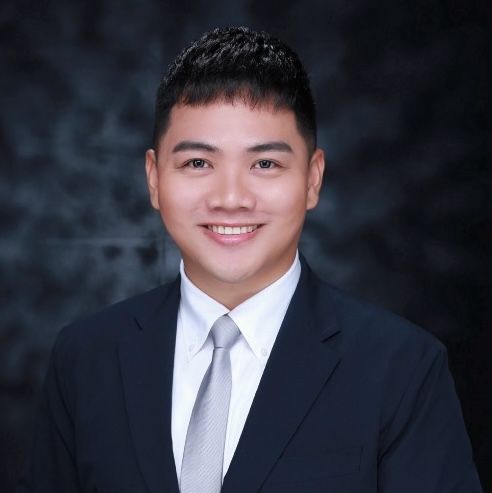
Allan Paulo Blaquera, PhDNS, PhD, RN
Program Coordinator for Nursing, School of Nursing and Allied Health Sciences, St. Paul University Philippines, Philippines
Dr. Allan Paulo Blaquera is an educator and researcher specializing in nursing science and healthcare improvement. He developed a nurse-led healthcare model to strengthen post-stroke care in the Philippines. As a faculty member teaching PhD students in Nursing Science, he integrates philosophical foundations and evidence-based practice into nursing education. Dr. Blaquera has pitched research projects to government officials, advancing the translation of research into health policy. His research interests include stroke care, healthcare technology and nursing education. He currently serves on the Editorial Board of the Journal of Nursing Investigation.



